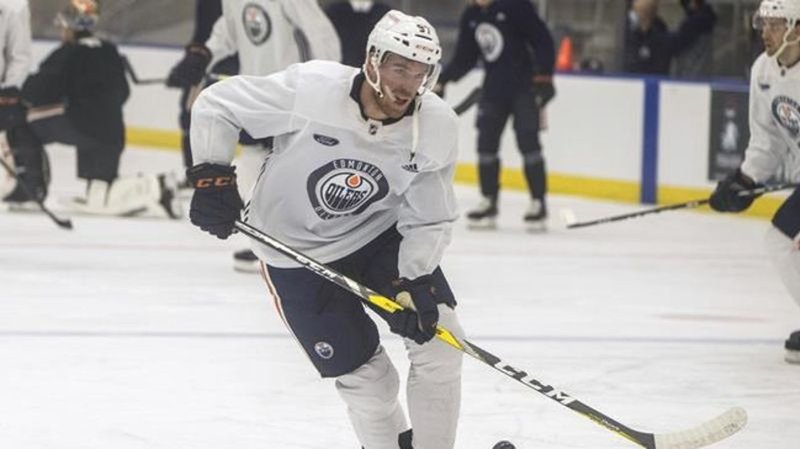
NHLers know not everyone’s happy they’re playing: ‘We’re not blind’
Connor McDavid knows what it looks like to some.
Millionaire hockey players travelling province to province for games when everyone else is asked to refrain from doing anything remotely similar as the COVID-19 pandemic’s second wave wreaks personal and financial havoc from coast to coast to coast.
“It’s unprecedented times,” McDavid said. “We’re not blind to understand that we’re very lucky to be able to come into work to play the game that we love.”
But the captain of the Edmonton Oilers — the sport’s superstar of superstars — also wants critics to understand that among the reasons the NHL is giving it a shot is to try and add some normalcy to what is looking like an increasingly dark winter of 2021.


